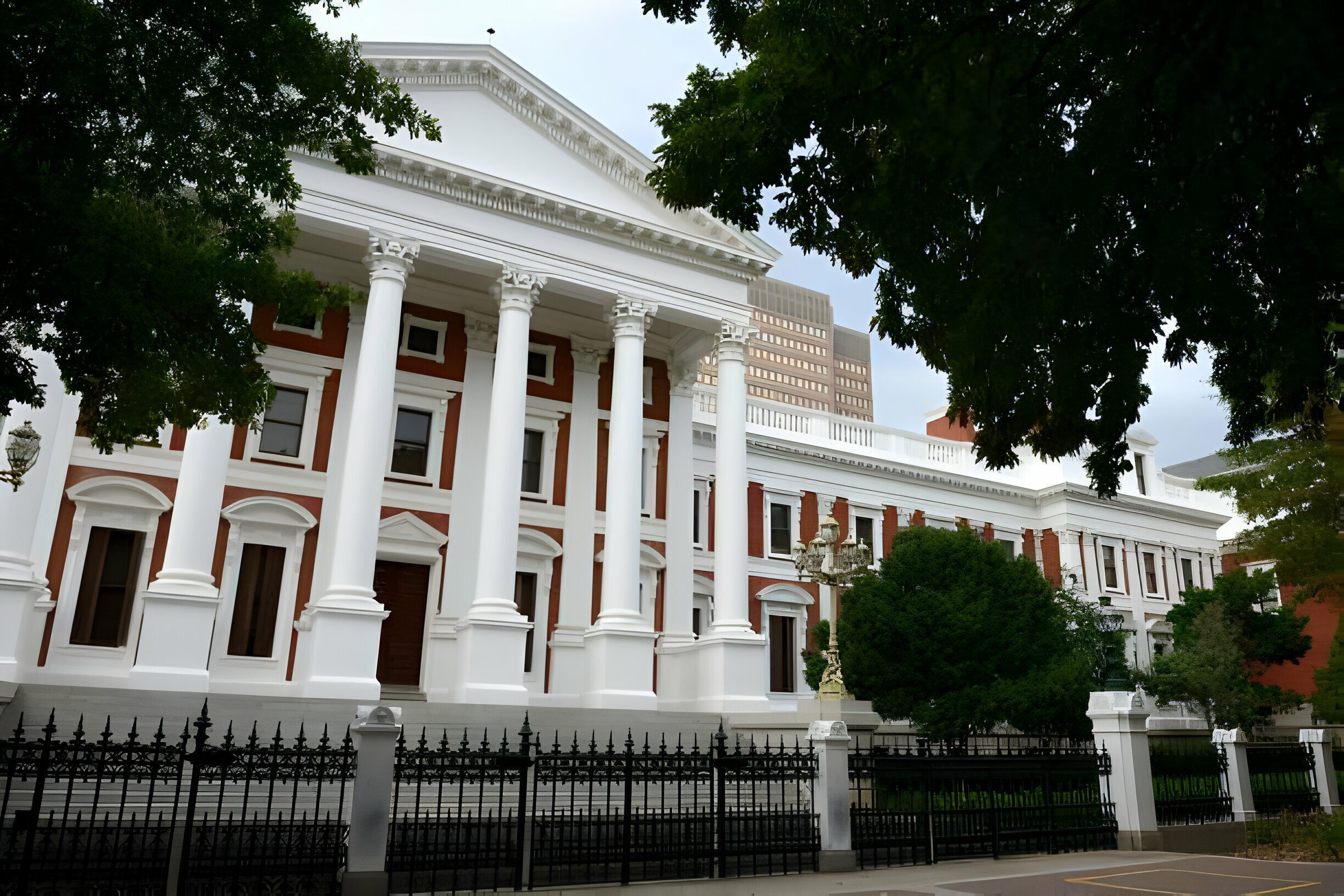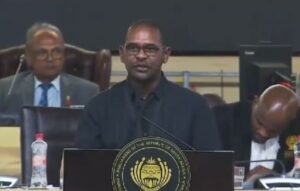The Department of Justice and Constitutional Development has acknowledged the pressing concerns raised by various civil society groups regarding the need for significant reforms in the country’s marriage laws. This recognition comes in the wake of appeals from notable organizations like Cosatu and Nehawu. These groups have actively participated in the legislative process, contributing written submissions to the Divorce Amendment Bill currently under review by the National Council of Provinces.
Constitutional Court’s Landmark Ruling
In a pivotal decision made in June 2022, the Constitutional Court declared certain aspects of the Divorce Act unconstitutional. The court’s judgement, spurred by a case presented by the Women’s Legal Centre Trust, pointed out the Act’s failure to acknowledge Muslim marriages that are not registered as civil marriages. The apex court mandated Parliament to rectify these constitutional inconsistencies within a two-year timeframe.
Public Submissions and the Divorce Amendment Bill
The security and justice select committee recently received briefings on public submissions concerning the proposed bill. The amendments aim to redefine Muslim marriages in accordance with Islamic tenets, ensure the protection of children and dependents from such unions, and address the equitable distribution of assets and forfeiture of benefits upon the dissolution of these marriages.
“We submit that this language will simplify the implementation of the legislation and make it easier for women to identify themselves in the legislation,” remarked the Women’s Legal Centre Trust on the bill’s proposed definition of a Muslim marriage.”
Navigating Religious Sensitivities
Ina Botha, a state law advisor from the Department of Justice, emphasized the department’s careful approach to avoid religious entanglements while defining religious terms. She highlighted the ongoing efforts of the Department of Home Affairs in crafting a comprehensive marriage bill that would encompass all faiths and traditions, ensuring equality and recognition under the law.
Broad Support for the Amendment
The amendment has garnered support from both Nehawu and the Women’s Legal Centre Trust, especially for its provision to dissolve Muslim marriages in court, akin to other marriages in South Africa. The Women’s Legal Centre Trust also endorsed the bill for extending the Divorce Act’s Section 3 to include Muslim marriages.
Cosatu has praised the bill as a long-awaited measure to enhance the protection of women and children in Muslim marriages, particularly during divorce and asset separation processes. The labor federation has urged for the swift passage of this progressive bill, calling for an all-encompassing overhaul of marital laws to safeguard the rights of all married individuals and their children across different faiths and traditions.
Towards Comprehensive Legal Reform
Nehawu has recognized the bill as a crucial step, but also a part of a larger necessity for sweeping reforms in marriage laws. Responding to these sentiments, the Department of Justice has expressed its awareness and responsiveness to these issues.
Deputy Minister John Jeffery emphasized that the bill is not just a response to the Constitutional Court’s judgement but part of a broader review of the marriage-divorce system, in alignment with the comprehensive bill being drafted by the Department of Home Affairs.
This ongoing legislative process, shaped by the contributions of various stakeholders, reflects a dynamic and responsive approach to ensuring that South Africa’s marriage laws are inclusive, equitable, and in harmony with the nation’s constitutional principles.

















